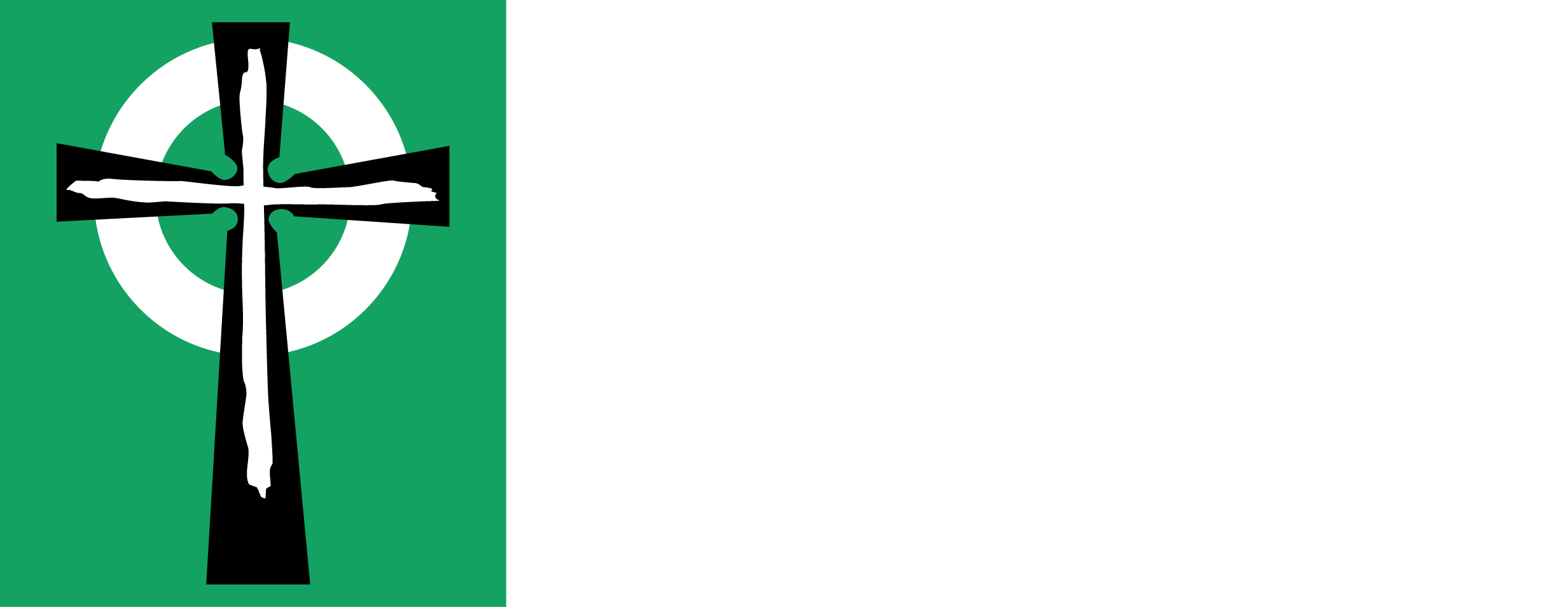
2023 Day School Chaplaincy Report
The Rev. Edward Thornley, Associate Rector and Day School Chaplain
It has been a good year for the chaplaincy at St. Patrick’s Episcopal Day School. I would like to begin by thanking Fr. Andrew Ogletree, Jalene Spain Thomas, Jo Anne Nelson, the Vestry, the Board of Trustees, and the Parish and Day School communities. I am grateful, as always, for the love, compassion, and hospitality that this community continues to share, and that I get to serve in this wonderful place.
My duties at the Day School broadly consist of three areas: worship, teaching, and pastoral care in wider community life. This report is thus shaped around these three themes, where I will share some key highlights from over the past year.
Worship
I lead four division chapels each week, as well as whole school chapels for special festivals and occasions. My work with chapel involves planning liturgies, preaching, coordinating speakers, and working with faculty, staff, and students across the school, especially our Music and Religion Departments. I would like to thank Laura Petersen, Betsy Sebring, Alicia Knox, and Kankunda Klingenberg for everything they bring to our worship, and for their ongoing support this year.
The theme of our Chapels this year is “Hope,” and we have welcomed some delightful guests to speak and participate at our special events throughout the year. Fr. Andrew spoke at our LGBTQ+ History Month Chapels. Both Jalene Spain Thomas and Cecilia Loving, Senior VP for DEI at PBS have spoken at our MLK Day Chapels over the last year. School parent, Betsy Fenzel, shared her new book Heart of Gold at our Lower School Chapels in November. And, of course, Mary and John O’Malley visited us with their wolfhound friends for our St. Francis Day Chapel.
We have also had increasing levels of student involvement. Our Middle School Chapel Council had twenty-seven members last year across Grades 7 and 8. In this current year, we kept Chapel Council as an eighth grade project, and have twelve members. They have been assisting with Chapels across the school community, leading, speaking, and organizing events, as well as learning Godly Play. We also have Grade 3 students serve as acolytes, and Grade 4 and 5 students serve as readers and intercessors at our Lower School Chapels. It has been wonderful having so many students take part and demonstrate excellent leadership skills across the school community.
Teaching
In the Religion Department I have had the privilege of teaching Religion to Grades 6-8, while Kankunda Klingenberg teaches Kindergarten through Grade 5. Kankunda should be particularly congratulated for Gifts for Good in Grade 5 this year—a vital service-learning project where Grade 5 and Middle School students, also under the direction of Judy Barr, organize a community gathering to raise awareness and funds for local and national charities that students research and develop connections with.
Kankunda and I have implemented our new Religion curriculum which we spent last year designing. We have a new “scope and sequence” outlined for Religion classes across the school, as well as an ethos and planning document for the Chapel program. We are currently working on a similar document for service learning projects across the school as well.
Our Religion curriculum, in particular, is based on research I carried out in the UK as a member of the City of Westminster Standing Advisory Council for Religious Education, and the National Association of Standing Advisory Councils for Religious Education. We follow an internationally researched and tested world religions curriculum, titled “Living Difference,” which had also been designed for use in Church of England Schools. Such schools follow the same ethos and a similar program design to Episcopal Schools. This document along with a new pedagogical method known as Critical Religious Education (CRE), pioneered at University College London, has now been applied to our curriculum. CRE employs various critical thinking skills and methodologies to the study of world religions, whilst enabling a school community or individual to be grounded within a specific faith tradition—in our case, Episcopal identity. The pedagogical method is designed to help schools find strategies for maintaining integrity to their own faith tradition, and then engage in critical dialogue both within their tradition and with other faiths in the classroom setting.
Pastoral Care, Community Life, and Further Projects
My third area of focus is pastoral care, which very much involves “connecting the dots,” and seeking to make worship, spirituality, and Episcopal identity accessible and helpful to, and equally informed by, the needs and interests of the whole school community.
This year, I began to collaborate closely with our new rector, as well as connecting more with our school counsellors—Julianne Reilly and Deborah Weinberger—and The Rev. Amy Yount. We launched a renewed initiative titled the Pastoral and Counseling Team (PACT). Moving forward, we will be meeting regularly, and reimagining how we navigate pastoral concerns throughout the school community; share responsibilities; promote spiritual and broader form of well-being; and ensure more collaboration and support for each other as well as for community members.
I have also been continuing to work on my PhD dissertation with the University of Aberdeen in the UK, where my thesis focuses on how school chaplains might articulate a distinctively Christian vocation whilst being attentive to the needs of all faiths and none. This research has already enabled me to develop our new teaching and worship-based resources for the Day School, and I am looking forward to continuing to integrate my research into school programming in the coming year.
Furthermore, this year I have continued to present my research and share St. Patrick’s best practices at conferences, such as the Mid-Atlantic Episcopal Schools Association Early Childhood Educators Conference, the University of Aberdeen Post-Graduate Symposium, the Society for the Study of Theology, and the National Association of Episcopal Schools.
Conclusion
It has been a good year, and an incredible opportunity for which I am deeply grateful—to serve our young people, to collaborate with friends and colleagues, and to become more fully part of a very special community.
With every blessing,
Fr. Ed

